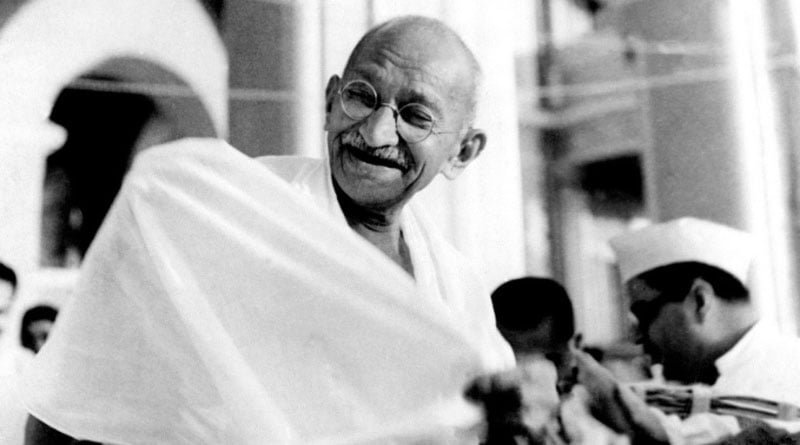
Mahatma Gandhi, the luminary known as the father of India and a global icon of nonviolent resistance, continues to cast a profound influence on the world stage. In this narrative, we delve into the life of this extraordinary figure, exploring his early years, pivotal campaigns, and lasting impact, all while uncovering the global ripple effect of his philosophy.
A Glimpse into Porbandar (1869): Born on October 2nd, 1869, in Porbandar, Gujarat, India, Gandhi’s early life unfolded in the embrace of a Hindu family with profound Jain influences. His academic journey led him to study law in London, laying the foundation for the transformative chapters that awaited him.
Seeds of Satyagraha in South Africa: Gandhi’s immersion in the crucible of South Africa became the breeding ground for his philosophy of nonviolent resistance. Confronted with the injustices faced by Indians, he orchestrated successful nonviolent campaigns, notably the impactful Salt March in 1913.
Emergence as a National Leader (1915): Returning to India in 1915, Gandhi swiftly rose as a national leader, uniting the masses under the banner of nonviolent resistance. His charismatic leadership and identification with the common people created a powerful force against British rule.
Champaran Satyagraha (1917): Gandhi’s leadership shone in the Champaran Satyagraha, a triumphant campaign against exploitative indigo farming practices. This victory solidified his standing as a national leader and beacon of nonviolent change.
Non-Cooperation Movement (1920-22): The nationwide Non-Cooperation Movement aimed at paralyzing British administration through boycotts and strikes. Though not entirely successful, it significantly shaped the trajectory of the independence movement.
Salt March (1930): The iconic Salt March, a 240-mile trek to defy the British salt tax, captivated the world’s attention. This courageous act further etched Gandhi’s name in history as a symbol of global nonviolent resistance.
Quit India Movement (1942): The final push for independence, the Quit India Movement, showcased widespread protests and civil disobedience. Despite suppression, it paved the way for India’s freedom in 1947.
Legacy and Inspirations: Gandhi’s Global Impact
Martin Luther King Jr.: Echoes of Nonviolence: Gandhi’s influence echoed in the corridors of the American Civil Rights Movement through Martin Luther King Jr. King, inspired by Gandhi, adopted nonviolent tactics and credited him as a mentor in his pursuit of racial equality.
Nelson Mandela: Defiance Against Apartheid: Nelson Mandela, in the fight against apartheid in South Africa, embraced Gandhi’s philosophy, employing nonviolent resistance. His resilience and international support eventually dismantled the oppressive regime.
Beyond Politics: Environmental Advocacy and Peace Movements
Gandhi’s influence transcended political realms, inspiring environmental activists like Chico Mendes and Wangari Maathai. Movements for peace, nuclear disarmament, and women’s rights also drew inspiration from his nonviolent methods.
Exposing Injustices: Satyagraha’s Triumphs: Satyagraha, rooted in truth and nonviolence, exposed the moral inconsistencies within oppressive systems. Gandhi’s steadfast adherence to these principles offered a compelling alternative to armed struggle, effecting significant social change.
Criticisms and Controversies: Despite its transformative impact, Gandhi’s philosophy faced criticisms, with skeptics questioning its effectiveness in extreme situations and its limitations in addressing complex issues.
A Timeless Message: In a world marred by conflict, Gandhi’s message of peace and nonviolence stands as a timeless beacon. His life provides a blueprint for achieving social change through peaceful means, inspiring global movements toward a more just and equitable world.
Mahatma Gandhi’s legacy endures as a testament to the transformative power of nonviolent resistance, reminding us that in the pursuit of change, the weapon of truth and nonviolence holds unparalleled might.



